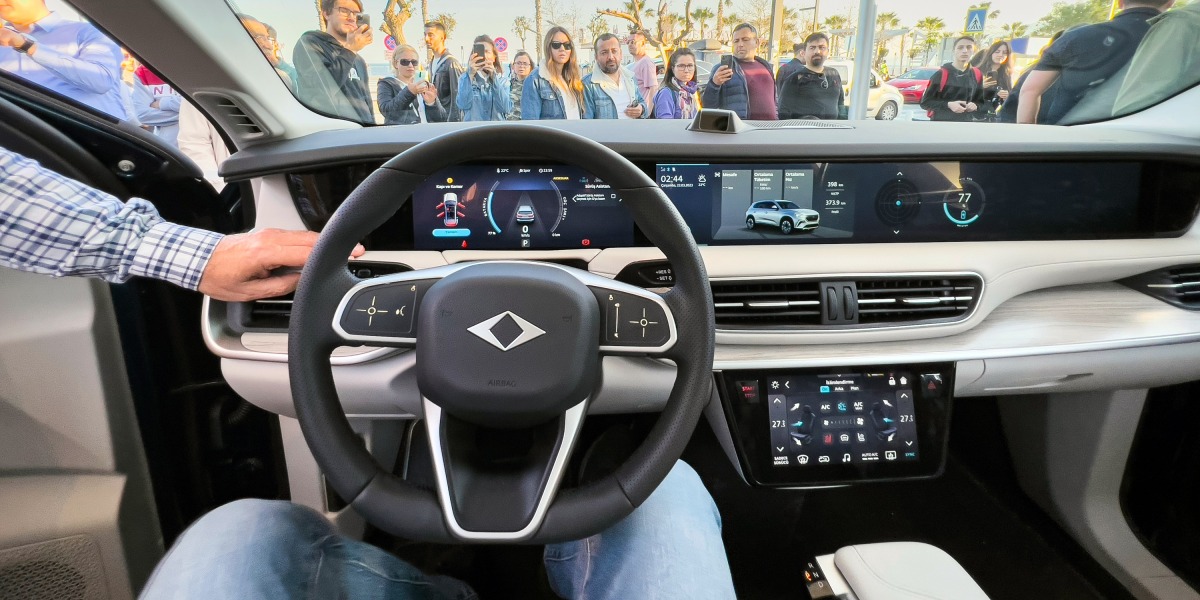
2023 is a big year for Turkey, with both the republic’s 100-year-anniversary and a high-stakes election coming up. It’s also the year when the country is set to start shipping its first domestic electric vehicle, a symbol of future economic growth.
There are a lot of similarities between the path China took and the path Turkey is now on. Both countries are automotive powerhouses that aren’t satisfied with staying at the lower end of the auto supply chain. EVs offer the chance to enter a new and fast-growing market.
The key difference is that China is already ahead in the EV race, while Turkey has just entered it. That’s why Turkey isn’t going it alone. It’s partnering with Farasis, one of China’s top battery companies, heralding the next step in the two countries’ already close economic relationship. Read the full story.
—Zeyi Yang
Zeyi’s story is from China Report, his weekly newsletter giving you the inside track on all things China. Sign up to receive it in your inbox every Tuesday.
Read more about China’s electric vehicle ambitions:
+ How did China come to dominate the world of electric cars? Hint: generous government subsidies have helped. Read the full story.
+ EV batteries are the next point of tension between China and the US. The US wants to move away from gas-powered cars, but it won’t be able to without Chinese-made batteries. Read the full story.
